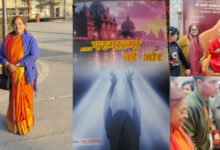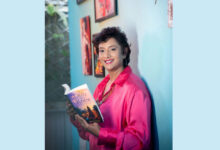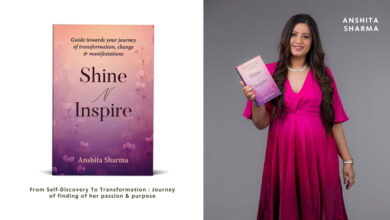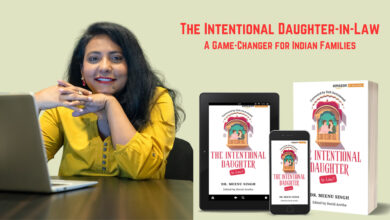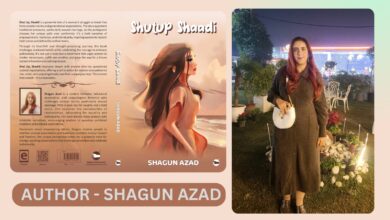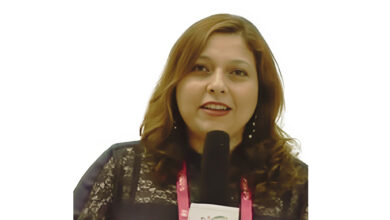Frailty Thy Name Is (No Longer Associated With) Women – Morality, Rationality and Virtue
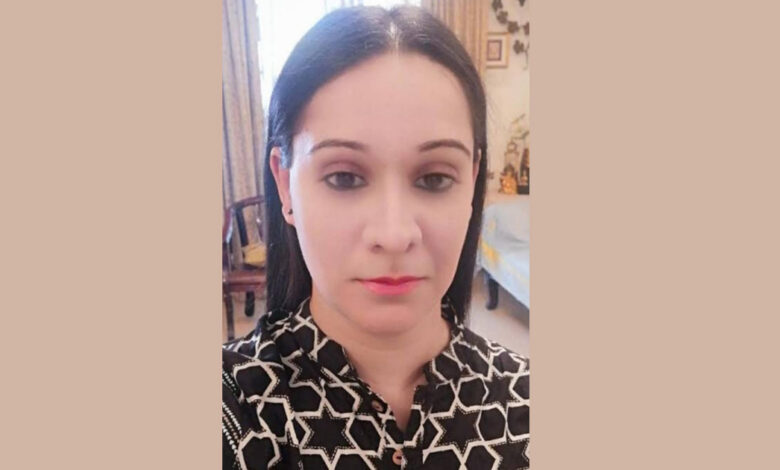
Shakespeare’s Hamlet speaks this line “Frailty Thy Name Is Woman” in his first soliloquy in Act-1, Scene-2, as he became increasingly worked up for his mother for his Gertrude marrying his uncle Claudius, The word ‘frailty’ here, denotes a lack of constancy in love: emotional rather than physical frailty. Women, Hamlet thinks, women are too weak to be emotionally anchored to anything in life. They give in to the desires of the flesh too readily. This was perhaps reflected for a Shakespearean audience due to the standards of the patriarchal society.
The Morality, Rationality and Virtue of the age old cliché reflecting women to be inferior and submissive leading them to be either objectified and emphasised as muffled is a subliminal thought in 21st century. This was the universal sentiment of the olden times where the soliloquies epitomised the iconic expressions of men being superior by all means and contempt bred prejudices.
It is rightly said that if a woman is empowered, she plays an important role in shaping the future of the country. With the right kind of support and mentality, today’s women are taking over the responsibility of the household as well as winning in the business fields. Women have proved that they can do whatever was once considered worthy of men. Due to her hard work, she has made a different identity for herself. Women have become empowered to take better decisions and they are able to do all this only because of a strong value system and self-reliance.
India has for ages held in reverence the divine trio of Lordess Durga, Lakshmi and Saraswati representing the three dimensions of feminine qualities. They also symbolize the three basic gunas – tamas (inertia), rajas (activity) and sattva (knowledge). The way one engages oneself in these three dimensions will give a direction to one’s life. If one engages oneself in tamas, one will be powerful in a way. If one pays attention to rajas, one will be powerful in another way. But if one goes towards Sattva, one will be powerful in a totally different way.
The status of women in India has not always been equal. It has been subject to change from time to time. There have been many ups and downs in their position from the Vedic age to the modern period and there have been corresponding changes in their rights. In the Vedic age, the position of women was strong, they were respected in the family and society.
Traditionally, women have been seen as a weaker section in the society. They suffer from exploitation, humiliation and discrimination both at home and in society. Discrimination against women is prevalent everywhere in the world.However , with access to education women gain personal freedom and giving them the right to take their own decisions is the biggest objective of women empowerment. Without women empowerment, women can never get the right which they have always deserved. As long as the family and society will not move forward with positive thinking about women, then talking about women’s empowerment is like a fantasy. The development of the country is difficult until the women of that country emerge as empowered in areas like education and health.
Achieving the objective of gender equality is not limited to organizing awareness programs and pasting some posters in offices. It basically deals with changing the beliefs of the two strongest institutions of any society – family and religion. In a latent patriarchal society, women try to make a place for themselves, but they themselves come from so traditionalist society that they do not recognize the discriminatory treatment for themselves. Empowerment primarily refers to the practice of making women independent so that they can make their own decisions as well as manage their lives without any family or social restrictions. In simple words, it empowers women to take responsibility for their own personal development.
Today, to strengthen women , it is very important to provide higher education to women because only education will strengthen the foundation of their independence, courage and self-reliance. Due to lack of education, awareness and overall knowledge, women often have to suffer exploitation in some form or other. It cannot be denied that even though we have started considering ourselves modern, the reality is that our modernity is still limited to either behaviour or belief system or upbringing, our thoughts still need a thorough revisit.
Given the right support, women have excelled in every field. In India too, we have seen women in diverse roles, Prime Minister, Astronaut, Entrepreneur, Banker and more. Apart from this, women are also considered as the backbone of the family. From household chores to nurturing children, she handles many responsibilities. This is why they are great at multitasking and are often used for multiple tasks. In both biological and moral contexts, women have greater potential for the future and development of a family as well as the development of society as a whole. Thus, every woman should be given equal opportunities to develop fully as an individual and help her make her choices. Education has made a considerable difference in the lives of women. “If you educate a man you educate a man, but if you educate a woman you educate the whole family.” Women empowerment means empowering the entire nation. An educated woman can promote the education of other women around her, guide them and will also be a better guide for her children. Education has helped women to gain confidence, respect and provided the ability to provide financial support. Education has also helped in reducing the infant mortality rate as an educated woman is aware of health care, laws and her rights. Educating a woman has benefited women and also in the development of society. With proper education, women can achieve more socially, and economically and build their careers.
To create an environment for the full development of women through positive economic and social interactions, so that they can realize their potential. Keeping in view the role of women in nation building activities, the government declared the year 2001 as the year of women empowerment. Empowerment of women in the country is the need of the day. It also means increasing the spiritual, political, social or economic power of women. Women in India have increasingly participated in the fields of education, politics, media, art and culture, service sectors, science and technology, etc. over the past few years. Violence, especially against women, is a matter of serious concern. Other areas like gender pay gap and digital gender divide are also a matter of concern. The number of girls enrolled in schools is low and more girls drop out in the middle. However, many women have reached high positions in the government and they enthusiastically participate in elections and influence politics.
We have to bring a change in our thinking about the attitude towards women, their role in family and society, etc. An alternative is to promote feminist ideas in this regard so that issues related to them, including women’s safety, can have a social impact. Talking only of women’s freedom will not work, the tendency to see them only as objecting to them will also have to be stopped. Will women remain Abla(weak) or frail or not strong enough to endure strain, pressure, or strenuous effort? The time has come for us to introspect and say that times have changed and are indeed changing.
Mayaa SH is a multi National Award Winner,a Double World Recorder Author, an Artist, a Record Chart Topping International Fastest Anthology Co-Author and a Record Holder from the Exclusive World Book of Records Global Pledge for Campaign to follow the guidelines of WHO during the pandemic. Mayaa SH is a Women Empowerment Culturist. She has depicted gender inclusivity and equality through her certifications from the United Nations and powerful writings on Feminism. Her work depicts the identity, economic and social freedom of many.She has co-authored more than fifty plus anthologies and has been featured in several magazines and women oriented like Tejaswi: The Imperishable on Women Power and Honour including few international magazines. Her first poem “The Candle In The Wind” made her win an Award at the National Level. Mayaa navigates many women through stress by deploying talking as a medium to combat stress and fear. Being an absolute homebody at heart, yet extroverted, she often fantasies herself as a TEDx Speaker inspiring millions of women all across the globe to live their dreams. . Mayaa’s powerful quotes for Tejaswi: The Imperishable – A magazine dedicated to Femininity has highlighted immensely on Women Power. She has also been featured in several magazines including international as the main star featuring for an International magazine on “The voice of the youth is the voice of tomorrow. So let the world hear its future”. Mayaa has also participated and won several accolades at national level contests and has collaborated with several publication houses along with numerous recordings for podcasts. Her books Sindoori and Sankalp both focus on the will to succeed in life that gives Strength to all and it is Courage and Determination in Life that helps anybody combat fear and stay focussed. Mayaa has been a part of several anthologies set for World Record like International Anthology named Multilingual G2 and National Book Of Record Anthologies like Thirty Minds, Mindset, etc. and Dr. APJ Abdul Kalam co-author Award in Record International Fastest Anthology “Eye Of The Wolf”.

